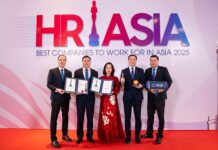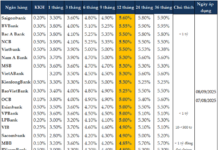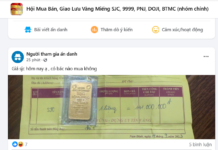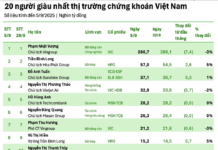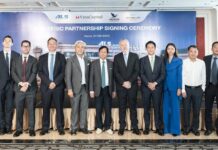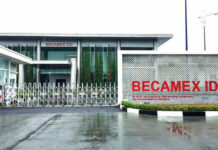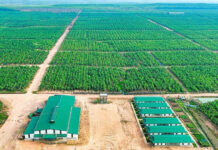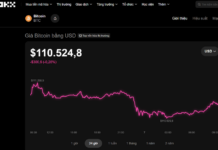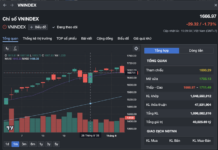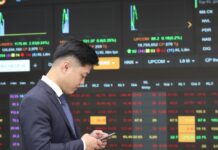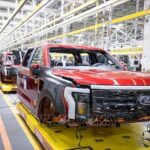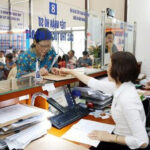It was a rare-earth element discussion that took center stage during a meeting between a prominent South Korean conglomerate and Prime Minister Pham Minh Chinh. On July 3rd, marking the final day of his visit to South Korea, the Prime Minister met with leaders from seven leading South Korean conglomerates with investments in Vietnam: CJ, Posco, LG, Daewoo E&C, GS Engineering & Construction Corp, Celltrion, and KDB Bank.
Encouraging these conglomerates to expand their investments in Vietnam, Prime Minister Pham Minh Chinh assured them that the Vietnamese government would partner and provide support to ensure their ventures, developments, and projects in Vietnam are successful and mutually beneficial.
Among these leaders was Mr. Chang In Hwa, Chairman of Posco, one of the top five businesses in South Korea with a revenue of US$59 billion and a profit of US$2.7 billion in 2023, employing 34,000 people. For 14 consecutive years, Posco has been recognized as the “most competitive steel producer in the world.”
Posco has established four steel branches in Vietnam, with a total investment of US$1.8 billion. In 2023, the company’s revenue in Vietnam reached US$1.7 billion, producing approximately 1.8 million tons of steel per year and employing over 2,100 people.
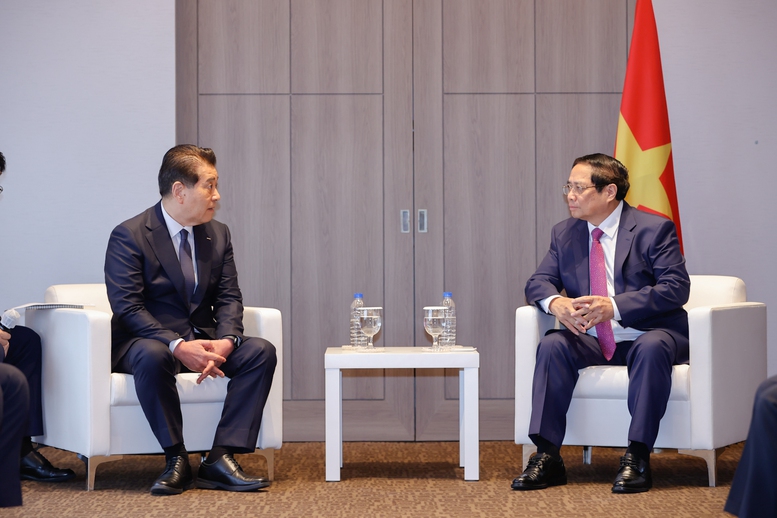
Posco Group expresses interest in rare earth element exploitation and processing in Vietnam. Source: VGP
During this meeting, Mr. Chang In Hwa expressed interest in clean energy, gas-fired power, and rare-earth element exploitation and processing in Vietnam. Posco also requested to convert its dedicated port in Ba Ria-Vung Tau province into a commercial one.
Prime Minister Pham Minh Chinh appreciated Posco’s investment and business activities in Vietnam, acknowledging the contributions of its member companies. He also welcomed the group’s expansion of investment and operations in Vietnam, aligning with the country’s green development, circular economy, and digital economy goals.
Regarding rare-earth element exploitation, the Prime Minister stated that as this field has attracted the attention of major countries, the Vietnamese government would work with Posco to explore solutions for exploitation, respecting the principle of investor equality.
Vietnam aims to enhance international cooperation and attract investment in this field, fostering fair and healthy competition among investors from different countries. The focus is on advanced technology, sustainable exploitation, deep processing, and environmental protection.
“Rare earth elements are abundant, but sustainable exploitation is crucial,” emphasized Prime Minister Pham Minh Chinh.
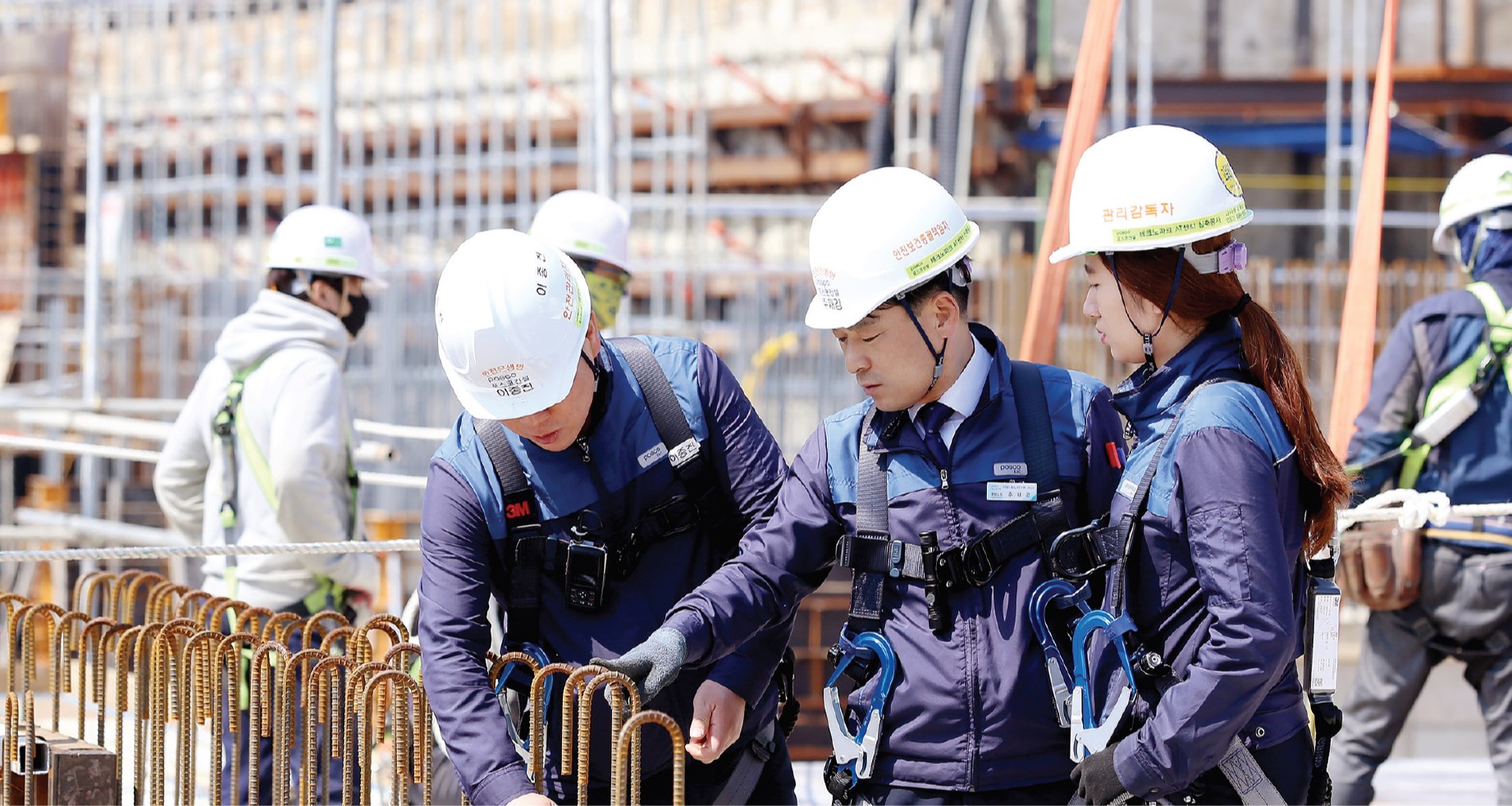
Posco has been recognized as the “most competitive steel producer in the world” for 14 consecutive years. Source: Posco
Additionally, the Prime Minister suggested that Posco consider participating in LNG power projects in Thanh Hoa and Nghe An provinces. Concerning the port conversion request, he advised Posco to submit detailed proposals to the relevant Vietnamese authorities for consideration and resolution, ensuring compliance with planning and current regulations, mutual benefits, and environmental protection.
Why Are Many Countries and Large Corporations Interested in Investing in Rare Earth Elements in Vietnam?
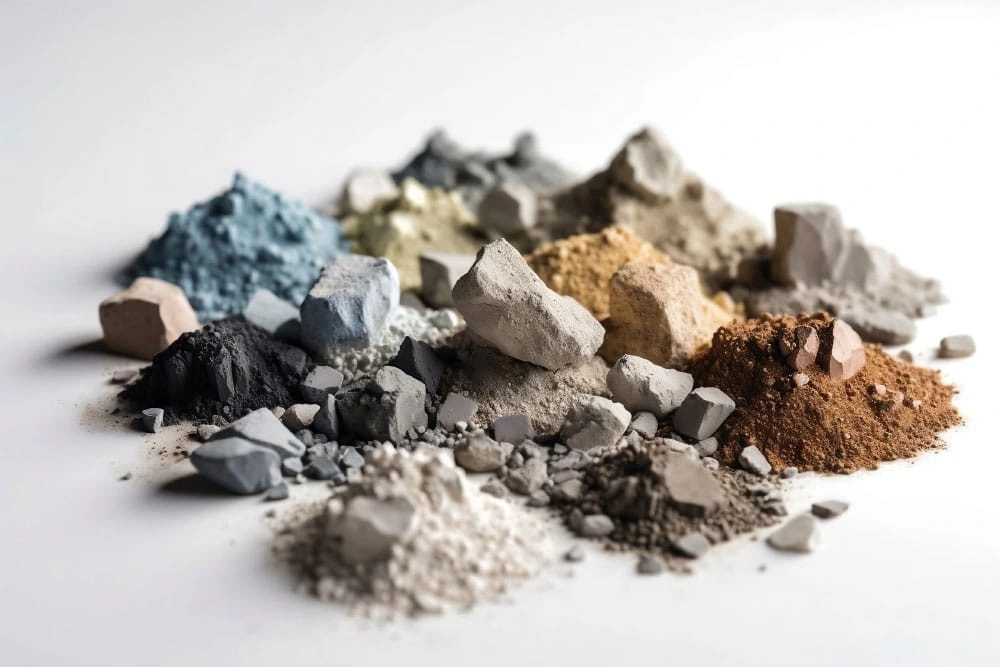
Rare earth elements play a crucial role in the production of high-tech equipment worldwide. Source: Agmental Miner
Posco is not the first foreign enterprise to express interest in rare-earth element exploitation and processing in Vietnam. Many leading Chinese, American, and Japanese companies have also shown a keen interest in this field.
For instance, the leader of the China Rare Earth Group (CREG) has twice expressed their intention to invest in rare-earth element projects in Vietnam, in November 2023 and April 2024. Additionally, following the elevation of diplomatic relations between the United States and Vietnam to a comprehensive strategic partnership in September 2023, the US pledged technical support for Vietnam in rare-earth element exploitation.
According to experts, rare-earth elements are vital in producing high-tech equipment, batteries, and permanent magnets used in electric vehicles, aircraft, mobile phones, wind turbines, and defense industries. They also play a significant role in national security and strategy.
Investments and collaborations in rare-earth elements are highly sought after by many countries and large corporations due to the increasing demand for high-tech products like computers, mobile phones, and military equipment. Moreover, the growing popularity of electric vehicles among consumers has further emphasized the importance of rare-earth elements in battery production.
According to the US Geological Survey (USGS) in 2022, Vietnam ranks second globally in rare-earth element reserves, with 22 million tons, following only China (44 million tons). As per experts’ assessments, Vietnam is at a pivotal juncture to harness this “treasure” with the second-largest reserves worldwide, especially given the strategic importance of rare-earth elements amid geopolitical and geo-economic conflicts.
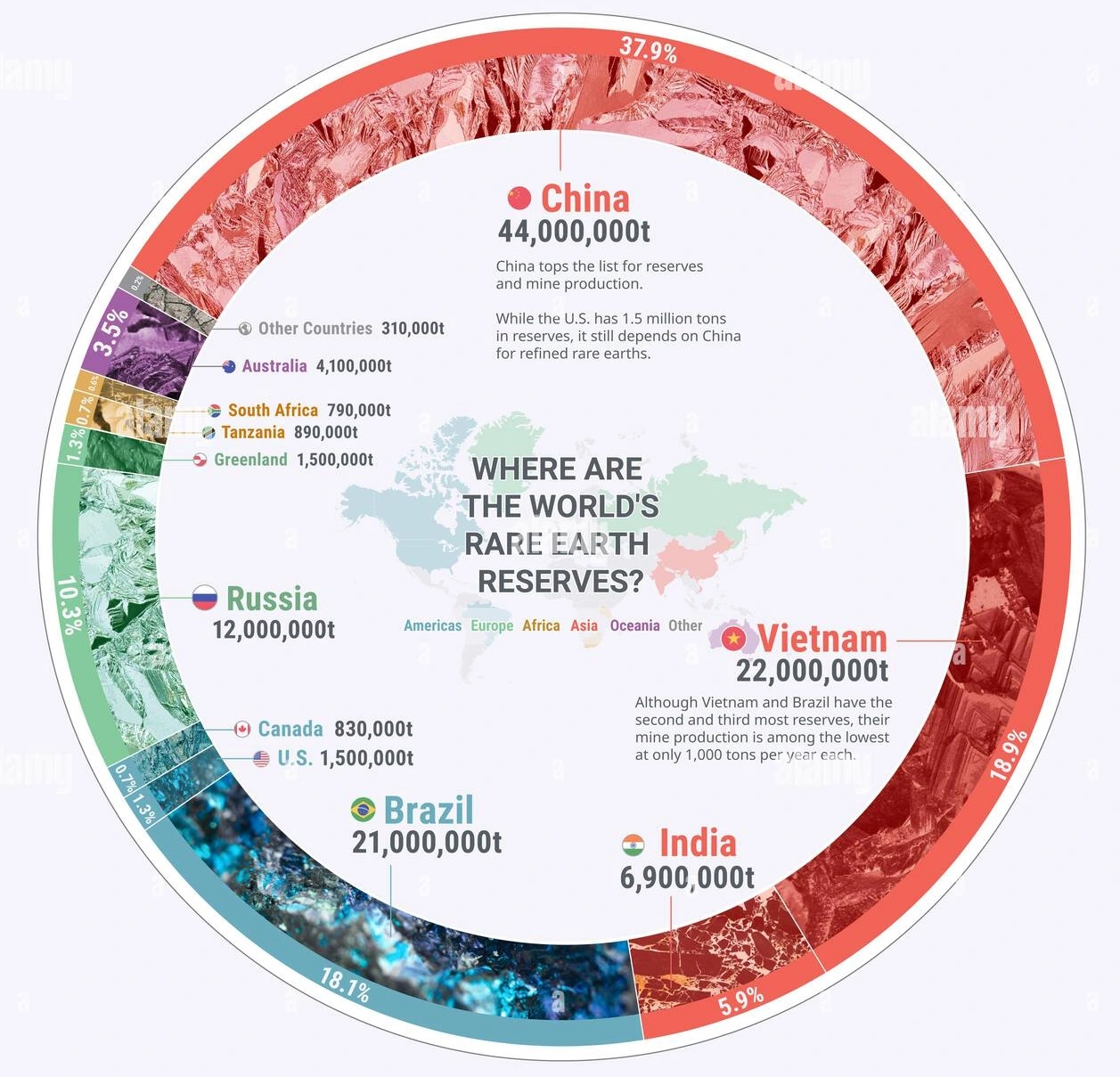
According to USGS, Vietnam has the second-largest rare-earth element reserves in the world. Source: Alamy
In reality, Vietnam has approved the “Planning for exploration, exploitation, processing, and use of minerals in the period of 2021-2030, with a vision to 2050.” Specifically, Vietnam aims to extract over 2 million tons of rare-earth element ore annually, with a focus on the Yen Phu (Yen Bai) and Dong Pao (Lai Chau) mines.
In Vietnam, rare-earth element resources are predominantly found in the Northwest region, which is abundant in alkaline and sub-alkaline magma rocks rich in rare-earth elements. This geological setting provides favorable conditions for the formation of rare-earth element deposits.
While Vietnam commenced rare-earth element exploitation around 2014, its extraction and export have not yet matched the country’s potential. Moreover, the exploitation has been carried out on a small scale.
Notably, Vietnam lacks the capability for deep processing of rare-earth elements to perform individual element separation. Consequently, the country primarily exports rare-earth element ore in its raw form, fetching lower prices.
Rare-earth elements encompass a group of 17 chemical elements, including Scandium (Sc), Yttrium (Y), and 15 elements from the Lanthanide series (La, Ce, Pr, Nd, Pm, Sm, Eu, Gd, Tb, Dy, Ho, Er, Tm, Yb, and Lu)
References: USGS, Posco, NST, VGP
Largest taxi company in Nghệ An cancels car purchase contract with Toyota to switch to VinFast
Mr. Ho Chuong, CEO of Son Nam International Transport Co., has recently disclosed that he had previously signed contracts to purchase gasoline-powered vehicles from a Japanese car manufacturer. However, he has since diversified his investment portfolio by also venturing into VinFast electric vehicles, in order to embrace long-term and sustainable development.
Ford’s revenue in early 2024 shines with hybrid cars
Ford Motor, the car manufacturer, has kickstarted the year with robust sales fueled by its hybrid vehicle lineup.






